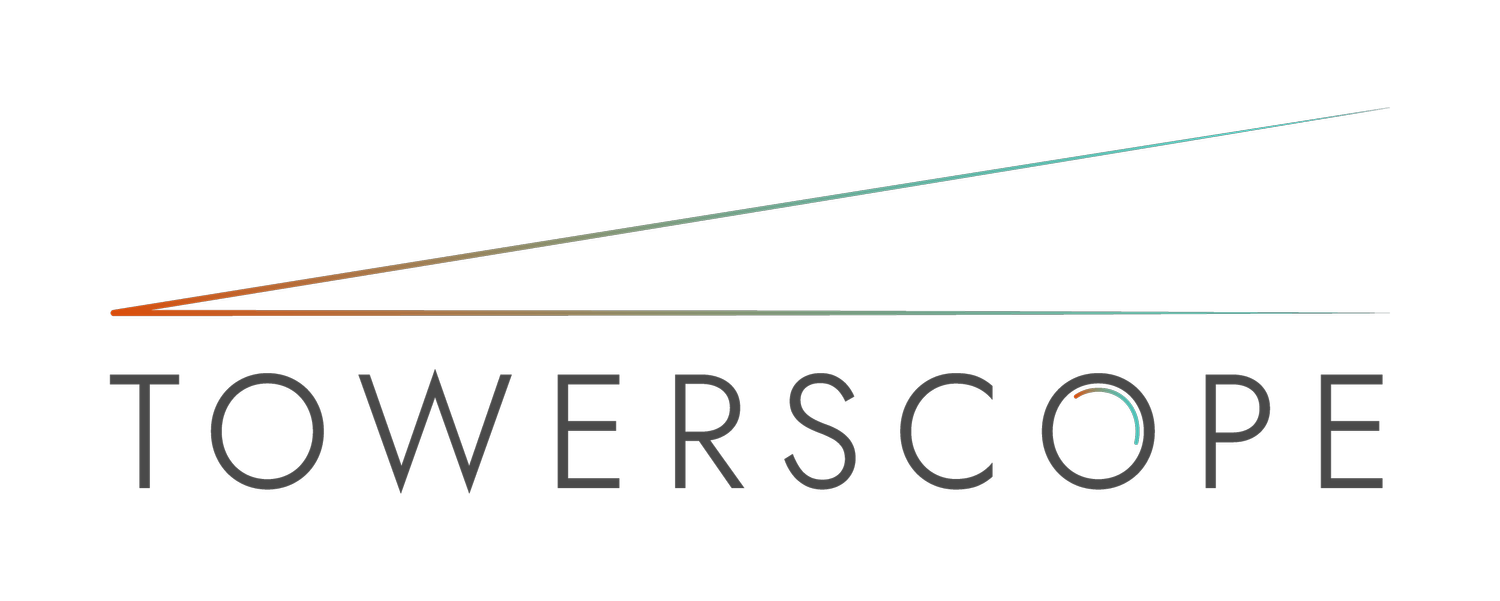This is Part Two of a 7-Part series on leading with knowledge-based power.
About a month ago, I was invited by the local ATHENA Chapter to speak with their new Emerging Leaders Program cohort about one of their eight leadership principles: Learn Constantly. (If you aren’t familiar with this organization, look them up – they support women leaders in a variety of capacity and have a great curriculum).
They invited me to speak on this topic because I’m kind of a learning addict. (I mean, at least I admit it, right??)
I see learning opportunities all around me and these learning opportunities have helped me grow tremendously on my leadership journey.
In Part 1 of this blog series, I described how Expert, Referent, and Informational social power can create leadership opportunities through learning and growing a specific type of knowledge base.
How Does Leadership Relate to Learning Constantly and Gaining Social Power?
With the availability of information everywhere, it’s easy to become overwhelmed. What information is most useful and for what purpose? Which information is most credible as a source to guide our decision-making?
If you can establish yourself as a credible, trustworthy source that has the ability to cull many pieces of information into guidance that is timely, relevant, and offers a thoughtful (honest) solution to a problem, you can establish yourself as a trusted resource to decision-makers.
If you can also bring the right people together who need to be “in the know” about that information in order to make critical decisions, you further establish yourself as a trusted resource.
And the more you can offer this consistently, the more often those decision-makers will rely on you in the future, and ultimately tap you to serve in decision-making roles.
Incidentally, these are methods that researchers use all the time, just applied to leadership roles.
The key is to learn about a lot of different kinds of information, using different methods, and then identify when it might be useful to use each one.
First, I’ll describe the purpose of traditional scholarship in laying the foundation, then I’ll share five additional strategies in the remaining five blog posts.
Traditional Scholarship
This is the most straightforward and structured method of gaining certain kinds of knowledge.
I have a Bachelor’s degree in psychology, a Master’s of Education in school counseling, a PhD in clinical psychology, and several additional advanced training certificates. (Yup, a little bit of a learning addict.)
I obtained each of these to change to a new career that had specific educational requirements or expected credentials.
Traditional educational degrees or credentials will help you attain the needed foundation to start your job.
They will not necessarily guarantee you will be successful over the long-term as you grow into your job.
At first, I really didn’t understand that concept. After I got my Master’s degree, I thought I should “know everything I need to know” to be successful and if I didn’t, I needed to pursue even more education.
But, more traditional education did not provide more knowledge about how to be more successful in my current role. That kind of knowledge cannot be obtained through traditional methods alone. It requires a combination of learning strategies I will describe more fully later.
Consider this analogy: if you traveled to a different country where you didn’t speak the language and all you had was a road map, could you get from point A to point B?
Yes, hopefully the map was created recently enough to offer you the most relevant information about the current road system. And barring unknown obstacles such as road closures, you would make it to your short-term destination.
Would that road map also help you successfully integrate or be accepted into that new culture? No.
But that isn’t the point of the road map, right?
The point is just to help you start to navigate the basics.
It’s the beginning of your journey.
And that is the point of obtaining traditional educational credentials: to offer you the beginning of a journey with a road map of the most important elements.
So, in sum, the value and cost regarding a traditional degree are as follows:
Value: Having the degree lets you quickly demonstrate your competency in an area requiring specified skills.
Cost: Often this is the highest cost in both Time and Money. Consider the purpose and value you seek to help you decide whether the cost is worth it.
The remaining blog posts will describe five additional less structured, more informal learning-based strategies you can use to continue to advance in your career after you have gotten the required educational foundation to start your job. These are:
1. Mentored Learning (semi-structured)
Hint: Have more than one, they don't have to be highly formal.
2. Experience (semi-structured)
Hint: I’ll describe how to pick the right ones that stretch you in the right ways.
3. Self-Guided Education (unstructured)
Hint: I’ll describe how to learn the language of your audience to increase your own success rate.
4. Observing/Listening (unstructured)
Hint: I’ll describe how to be the best by watching, listening, and evaluating certain available data around you. 5. Self-Awareness (ranges from structured to unstructured)
Hint: I’ll describe multiple ways to build this critical leadership muscle.
In the next few posts, I will show you how to take what you already have access to, and apply it in new ways to support your success at work.
Do you have others to add or success stories using these methods? I’d love to hear them!
(Part 1 of this series: Three Models of Power that Break Through Traditional Barriers)
——————-
This post was originally published on Psychology Today on January 6, 2020. All rights reserved, Copyright 2020 Mira Brancu/Brancu & Associates, PLLC.


